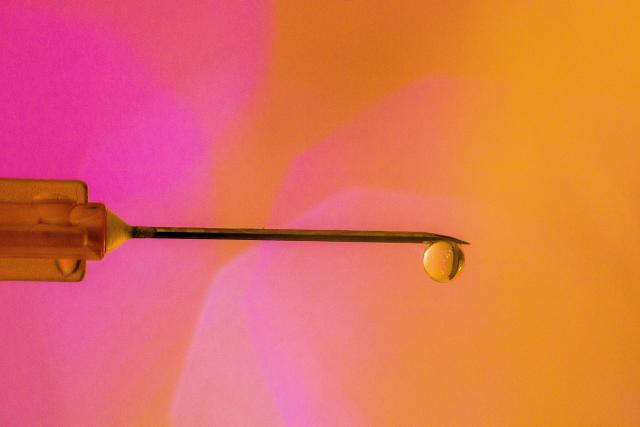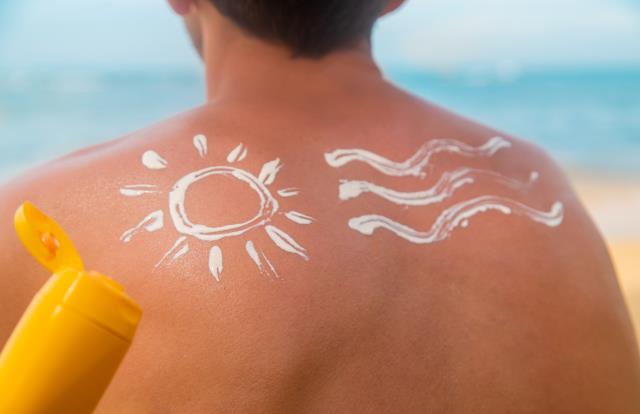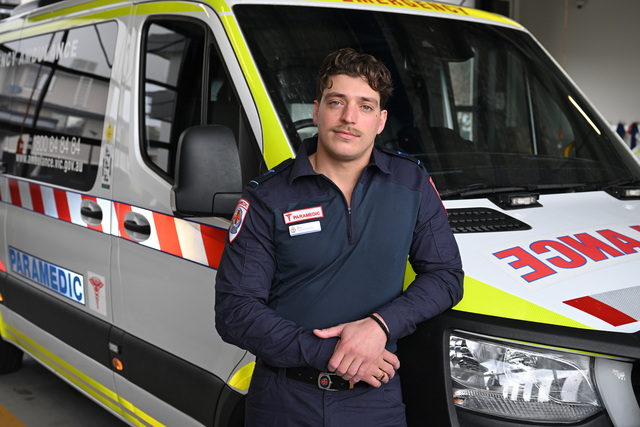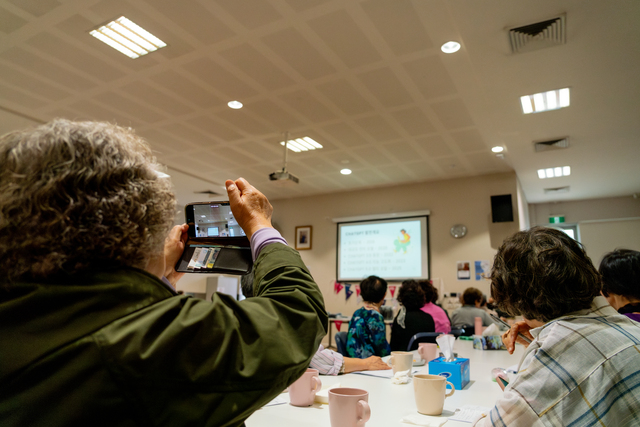The state government has rolled out the Take-Home Naloxone Program in an effort to make it easier for those experiencing or witnessing an opioid overdose to access the reversal drug.
Previously naloxone could only be collected with a prescription from a pharmacy. Now the changes will allow naloxone to be accessed for free from selected drug and alcohol services in Victoria without a prescription.
The program will support naloxone to be made available at 48 Victorian Needle and Syringe Programs (NSP) providers, including cohealth Braybrook and IPC Health St Albans.
The Victorian Coroner released the state’s overdose deaths report on November 8, which showed Brimbank had the state’s second-highest number of overdose deaths in Victoria in 2023.
The report revealed 29 people in Brimbank died of overdoses in 2022, the highest figure in the municipality in the past 10 years. The figure was up from 16 in 2021 and was only second behind the Melbourne local government area, which had 32 deaths last year.
Brimbank was also second for the number of heroin overdoses in 2022.
According to cohealth expanding access to naloxone for people who are at risk of, or who are likely to witness, an opioid overdose is a key step in preventing overdose deaths.
“This is life-saving medicine, it is easy-to-administer and has no effect on someone who does not have opioids in their system. There is no downside to making this medicine more available,” said cohealth addiction medicine specialist Dr Dean Membrey.
“We know that when naloxone is easier to get, that people will use it. Among the clients that we support there is a great sense of community. People want to look after each other, and carrying naloxone is part of that.”
However cohealth also warns that naloxone is not a ‘silver bullet’, and is calling on the state government to introduce a system-wide response to drug use in the community.
“To save lives we need a broad range of responses including prevention, greater access to naloxone, a second supervised injecting service and more investment in pharmacotherapy treatment for people who want to stop using drugs,” said Dr Membrey.
The program will also support naloxone to be made available at the Medically Supervised Injecting Room, as well as existing channels including over the counter at pharmacies or via prescription from a medical or nurse practitioner.
If you or someone you know is seeking help or support with alcohol or drug use, call DirectLine on 1800 888 236 or visit directline.org.au for information and support to access treatment.
To find a NSP provider, visit health.vic.gov.au/aod-treatment-services/needle-and-syringe-program







